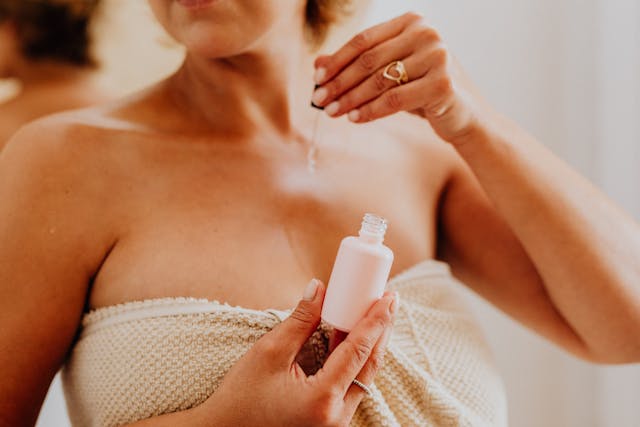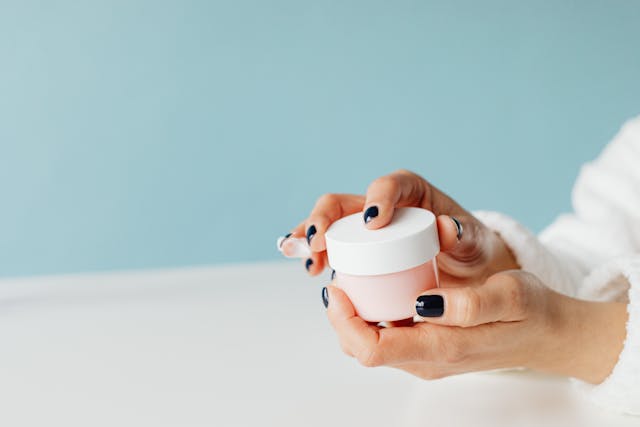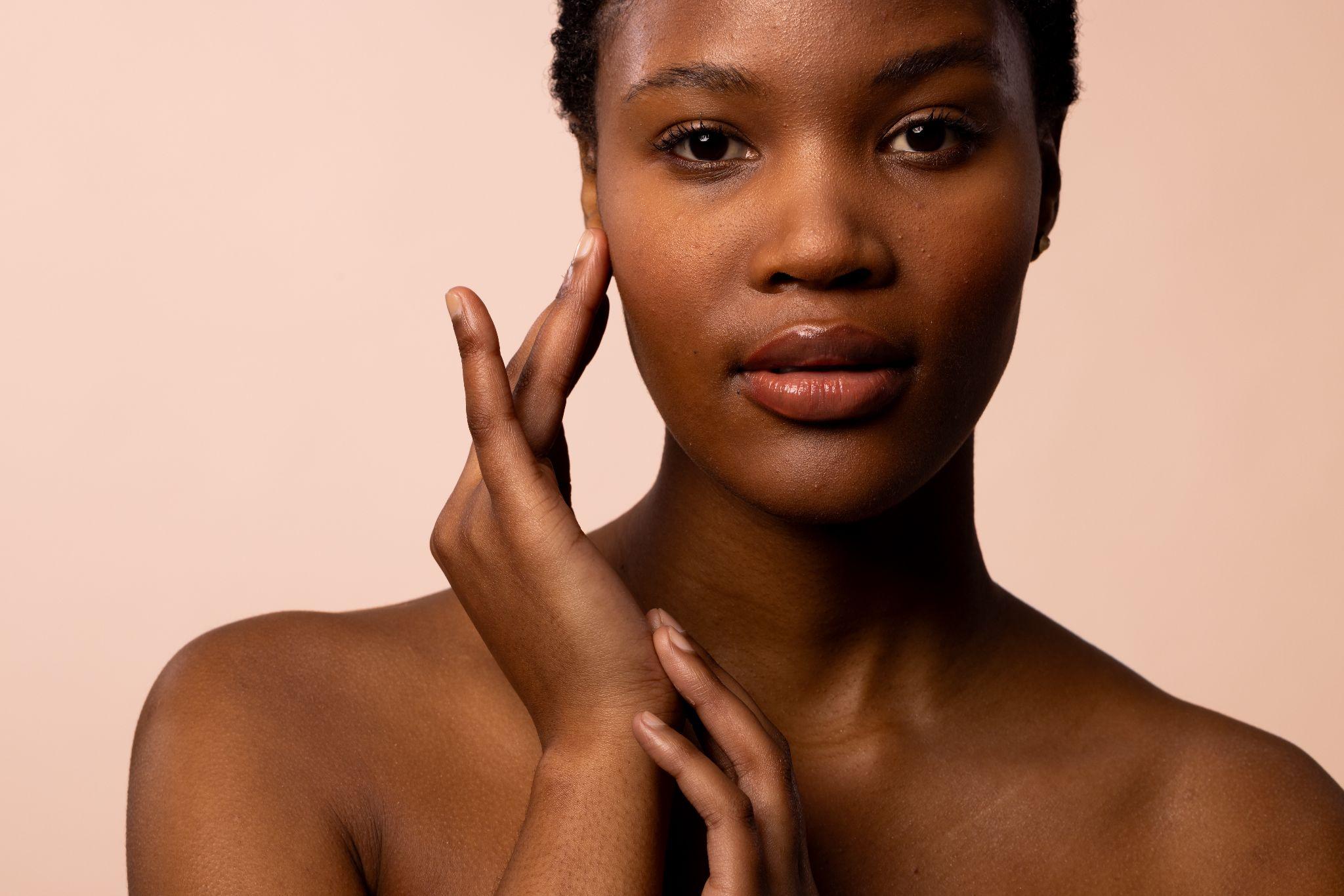As skin matures, it undergoes complex physiological changes that require sophisticated treatment approaches beyond basic moisturizing and sun protection. Understanding these age-related transformations and implementing targeted interventions can significantly slow visible aging processes while improving skin texture, firmness, and overall vitality. Modern anti-aging science offers powerful solutions that address specific concerns associated with mature skin, providing hope for those seeking to maintain youthful radiance throughout their lives.
Understanding Mature Skin Biology
Mature skin experiences fundamental changes in cellular function, structural protein production, and barrier integrity. Collagen synthesis decreases by approximately 1% annually after age 30, while elastin fibers become fragmented and lose their spring-like properties. These changes manifest as fine lines, wrinkles, loss of firmness, and decreased skin thickness.
Additionally, mature skin produces less natural oil, compromising barrier function and leading to increased sensitivity and dryness. Cell turnover slows significantly, resulting in a buildup of dead skin cells that can create a dull, uneven complexion. Blood circulation to facial tissues decreases, reducing the delivery of nutrients and oxygen essential for optimal skin health.
Targeted Treatment Strategies
Effective anti-aging requires targeted approaches that address specific concerns rather than generic “anti-aging” formulations. Wrinkle prevention and reduction demand different strategies than addressing hyperpigmentation or loss of firmness. Understanding these distinctions allows for more effective product selection and treatment protocols.
Peptide therapies have emerged as powerful tools for stimulating collagen production and improving skin firmness. These small protein fragments can penetrate the skin barrier and trigger specific cellular responses that promote structural protein synthesis. Different peptide types target various aspects of aging, from reducing muscle contractions that cause expression lines to stimulating growth factors that improve skin thickness.

Growth Factor and Stem Cell Technologies
Advanced anti-aging formulations increasingly incorporate growth factors and plant stem cell extracts that stimulate cellular regeneration and repair. These cutting-edge ingredients work at the cellular level to encourage healthy cell division, improve DNA repair mechanisms, and enhance the skin’s natural healing processes.
Growth factors derived from plants or produced through biotechnology offer safer alternatives to animal-derived options while providing similar regenerative benefits. These ingredients require careful formulation and storage to maintain stability and efficacy, making them more commonly found in professional-grade products rather than mass-market alternatives.
Retinoid Integration for Mature Skin
Retinoids remain the gold standard for anti-aging treatment, but mature skin requires careful consideration when integrating these powerful ingredients. Age-related changes in skin thickness and barrier function mean that mature skin may be more susceptible to retinoid irritation while also requiring higher concentrations for optimal effectiveness.
Advanced retinoid formulations utilize encapsulation technologies and time-release mechanisms that provide sustained benefits while minimizing irritation. These sophisticated delivery systems allow mature skin to tolerate higher concentrations of active ingredients, maximizing anti-aging benefits while maintaining comfort and compliance.
Hydration and Barrier Restoration
Mature skin’s compromised barrier function requires intensive hydration strategies that go beyond surface moisturizing. Multi-layered hydration approaches utilize different molecular weights of hyaluronic acid, ceramides, and other barrier-supporting ingredients to address moisture needs at various skin depths.
Evening treatments can incorporate richer formulations that provide intensive overnight hydration while supporting natural repair processes. These products often contain occlusive ingredients that prevent moisture loss during sleep, when the skin is most actively engaged in regeneration and repair.
Antioxidant Protection Systems
Mature skin has reduced antioxidant defenses and increased susceptibility to environmental damage. Comprehensive antioxidant protection requires combinations of different antioxidant types that work synergistically to neutralize various forms of free radical damage.
Vitamin C remains crucial for collagen synthesis and brightening, while vitamin E provides membrane protection and healing support. Newer antioxidants like resveratrol, green tea polyphenols, and CoQ10 offer additional protection against specific types of environmental stress that contribute to accelerated aging.
Professional Treatment Integration
Home skincare routines for mature skin often benefit from integration with professional treatments that provide more intensive intervention. Chemical peels, microneedling, and laser treatments can address concerns that topical products cannot fully resolve while enhancing the effectiveness of home care regimens.
Regular professional treatments can accelerate results and provide opportunities for skin assessment and routine adjustments. Professional aestheticians can identify changes in skin condition and recommend modifications to home care protocols that maintain optimal results over time.

Lifestyle Factors and Skin Aging
Effective anti-aging extends beyond topical treatments to include lifestyle factors that significantly impact skin aging rates. Quality sleep, stress management, proper nutrition, and regular exercise all contribute to healthy skin aging and can enhance the effectiveness of topical treatments.
Hormonal changes associated with menopause dramatically impact skin aging in women, often requiring adjustments to skincare routines and possibly hormone replacement therapy consideration. Understanding these connections helps create comprehensive anti-aging strategies that address multiple contributing factors.
Product Selection Criteria
Choosing effective anti-aging products requires careful evaluation of ingredient concentrations, formulation quality, and clinical backing. Look for products that provide detailed ingredient information and clinical studies supporting their effectiveness. Professional-grade formulations often offer superior concentrations and delivery systems compared to mass-market alternatives.
Consider products with multiple mechanisms of action that address various aspects of skin aging simultaneously. These comprehensive formulations often provide better results than single-ingredient products used in isolation.
Building Effective Routines
Successful anti-aging routines require patience and consistency, as significant improvements typically develop over several months of regular use. Start with basic formulations and gradually introduce more potent ingredients as skin tolerance develops.
When you’re ready to try Crème Biofixine by Biologique Recherche, ensure your routine supports this advanced treatment through proper cleansing, pH balancing, and complementary ingredient selection. Professional-grade anti-aging products require knowledgeable integration to achieve optimal results while maintaining skin health and comfort.



